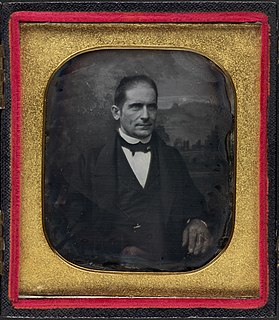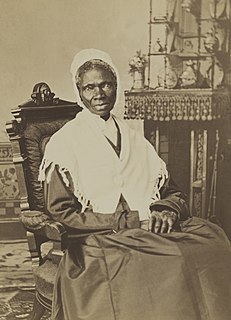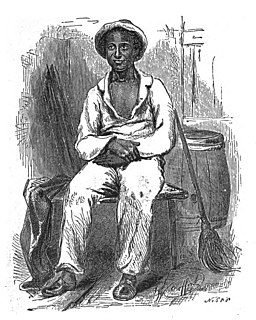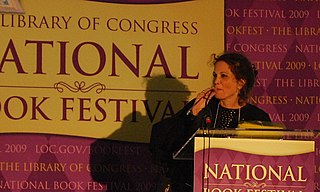A Quote by Angelina Grimke
One who is a slaveholder at heart never recognizes a human being in a slave.
Related Quotes
The planet Earth in its present mode of florescence is being devastated. This devastation is being fostered and protected by legal, political and economic establishments that exalt the human community while offering no protection to the non-human modes of being. There is an urgent need for a Jurisprudence (system of governance) that recognizes that the well-being of the integral world community is primary, and that human well-being is derivative - an Earth Jurisprudence.
There was not a single Negro slave owner who did not know dozens of Negroes just as capable of learning and efficiency as the mass of poor white people around and about, and some quite as capable as the average slaveholder. They had continually, in the course of the history of slavery, recognized such men.
It is not the fault of the slaveholder that he is cruel, so much as it is the fault of the system under which he lives. He cannot withstand the influence of habit and associations that surround him. Taught from earliest childhood, by all that he sees and hears that the rod is for the slave's back, he will not be apt to change his opinions in maturer years.
Africans believe in something that is difficult to render in English. We call it ubuntu, botho. It means the essence of being human. You know when it is there and when it is absent. It speaks about humaneness, gentleness, hospitality, putting yourself out on behalf of others, being vulnerable. It embraces compassion and toughness. It recognizes that my humanity is bound up in yours, for we can only be human together.
... if your heart and your honest body can be controlled by the state, or controlled by community taboo, are you not then, and in that case, no more than a slave ruled by outside force? What tyranny could exceed a tyranny that dictates to the human heart, and that attempts to dictate the public career of an honest human body?






































